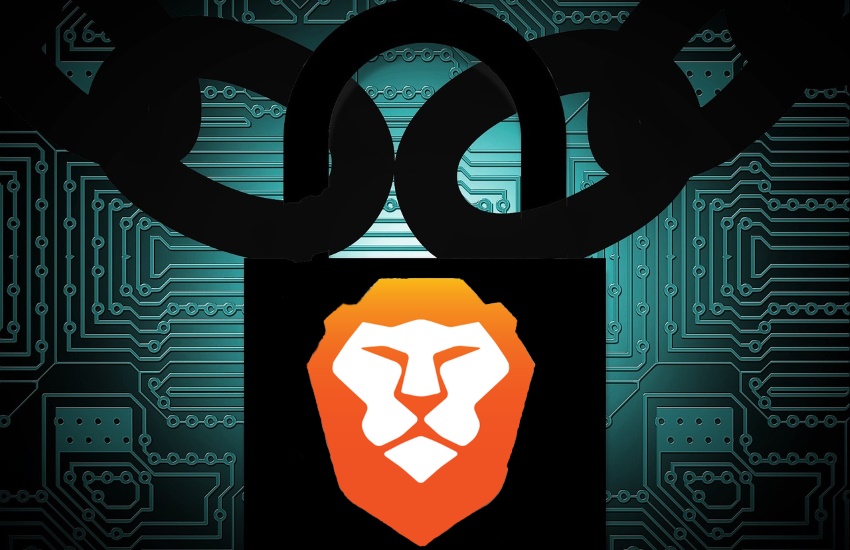
Longtime CoinJournal readers will remember that we aren’t huge fans of Ads. We have come to accept them as a necessary evil until we prove to you, the reader, that we are worth your donations. Brendan Eich, who created JavaScript and is the former CEO of Mozilla, is working on a new web browser called Brave, that hopes to create a new economic model for the internet.
Brave is completely open source and you can download it and run it now, if you feel like compiling Github repositories and following some fairly complex instructions. Everyone else will just have to wait until an official open-beta is released.
According to Eich, Brave is an attempt, head off what he calls a “primal threat” to the internet. That threat, being advertising. Brave will block the majority of ads that users see today, but they plan to inject their own ads and split that money with publishers and eventually users, by using a built-in bitcoin wallet and multisignature technology by BitGo.
The difference between Brave’s injected ads and the kind of ads we see today, is that Brave’s ads will not track the user or provide any identifying information to advertisers. In addition, publisher’s own ads will be able to get in front of users, as long as they don’t track the user or otherwise impede on their privacy.
Ad-blockers have been allowing ads into their products. But, according to Eich, they are often allowed in due to relationships with the ad-blocker developer and not because they are less intrusive in some way. Eich promises that Brave will never give that kind of preferential treatment.
The money generated from the Brave Ads will be split between Brave, the publisher and the user. If users would like to block all ads, they can do that as well and choose to pay their favorite publishers directly. Users will also be able to top off their wallet with bitcoin and decide how much money goes to their favorite publishers. That concept was something pioneered by ProTip developer and friend of the website, Christopher Ellis.
It isn’t clear at press time how Brave plans to get the countless publishers on the web on board with accepting bitcoin micropayments, or if there will be some direct to fiat option. Eich says that payments will be held in Bitcoin “monthly payment buffers” to head off Bitcoin volatility, so it seems like fiat payments may be an option for publishers.
The money given to users won’t likely add up to significant amount and so will probably be best directed and the sites users most want to support. Will Brave fix the web? There are a lot of services trying to, but one thing is undeniable: more people are waking up to the subversive elements of advertising online.
We will cover Brave and any other crypto-powered browsers, as information becomes available.

